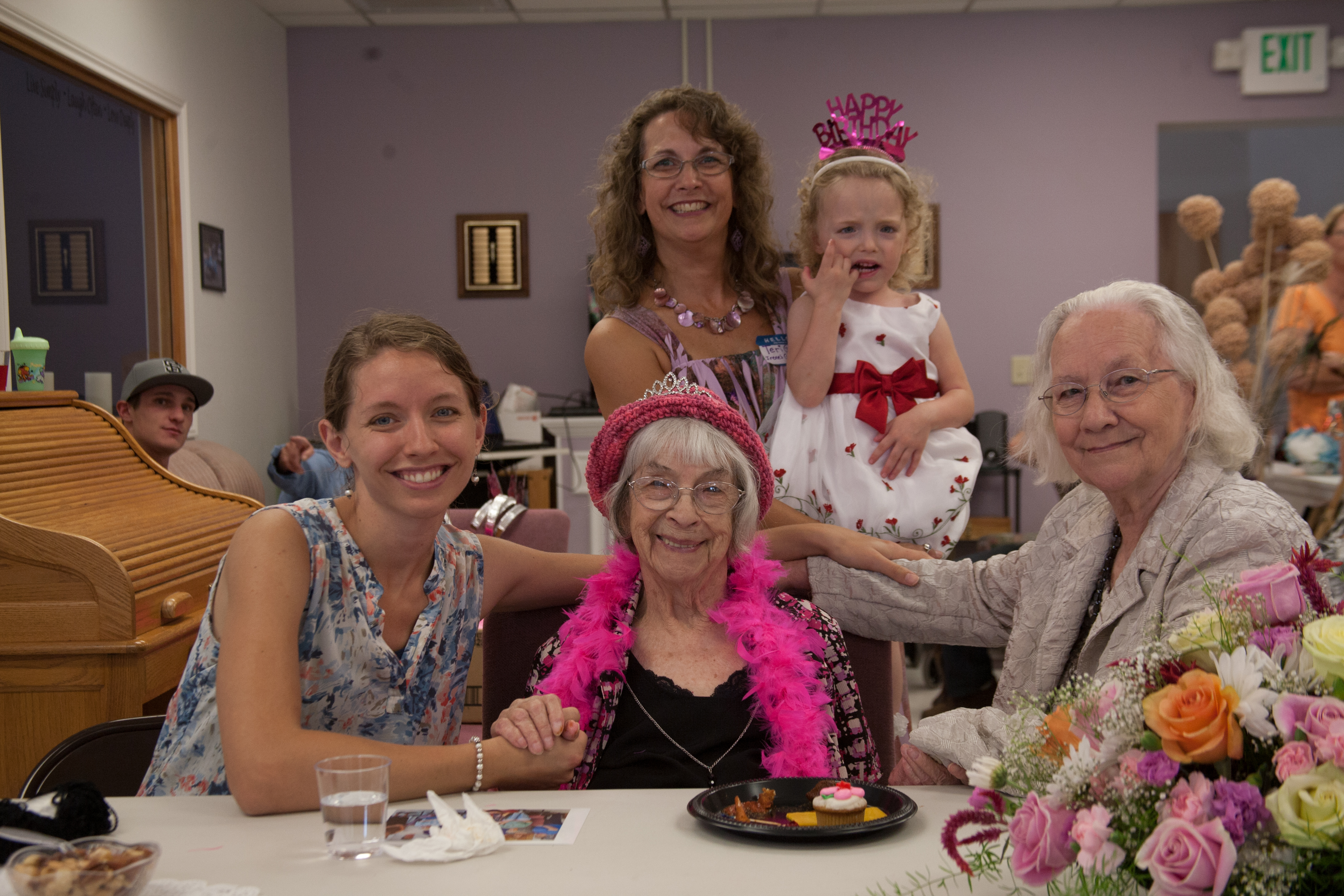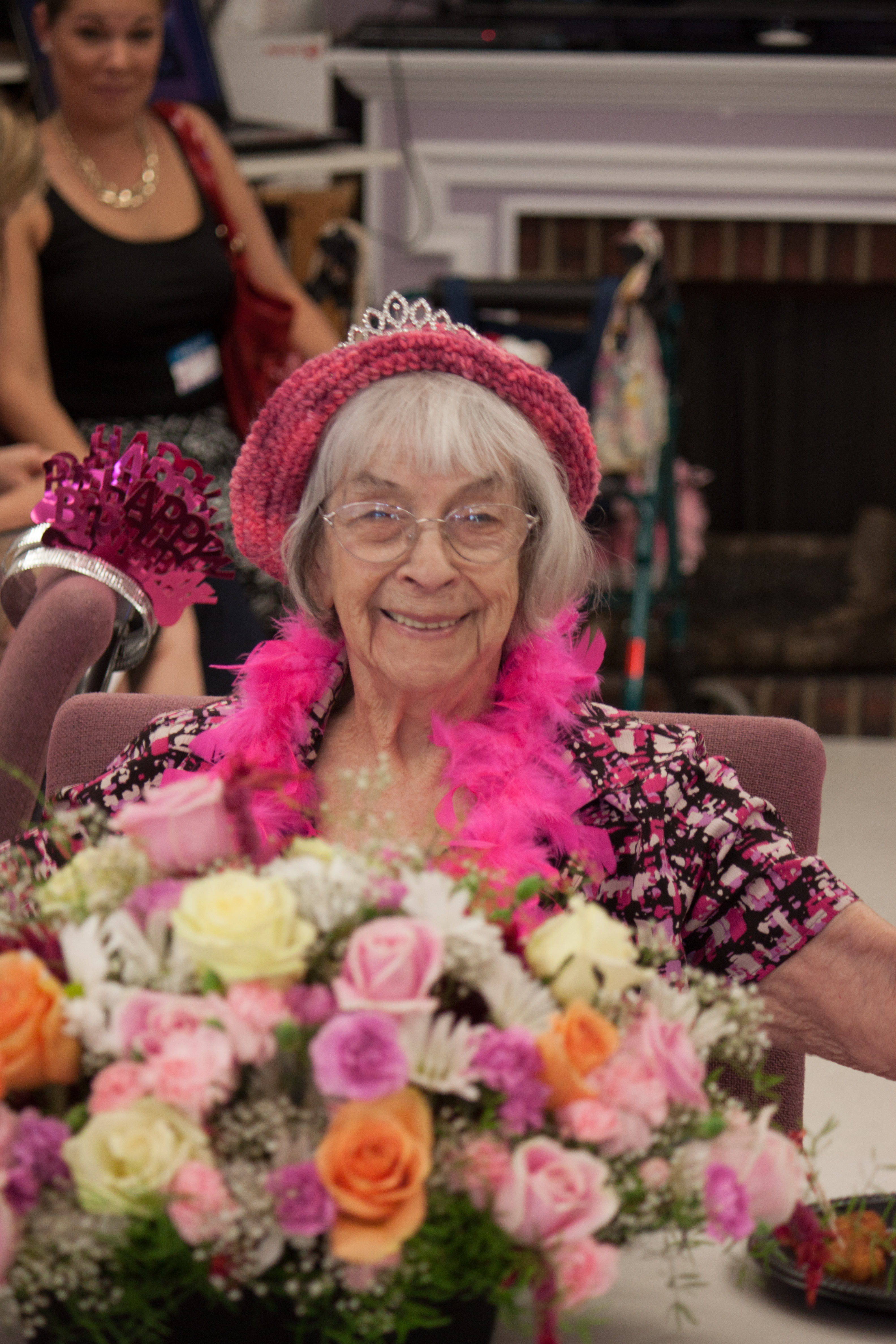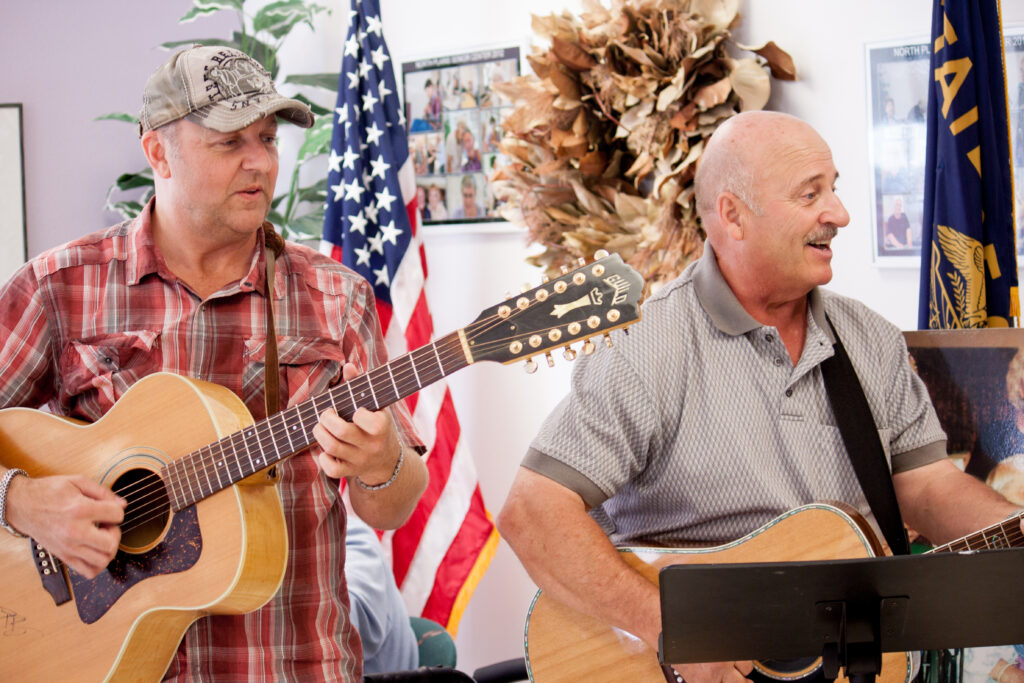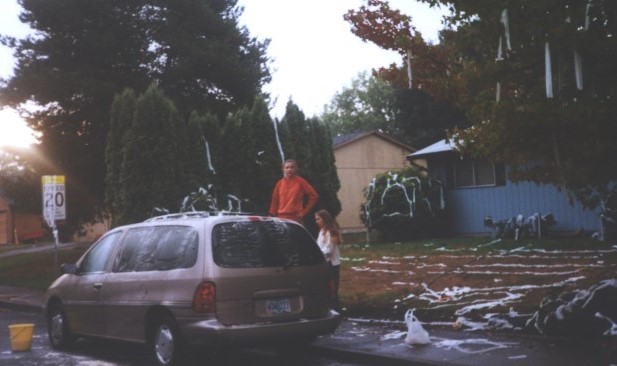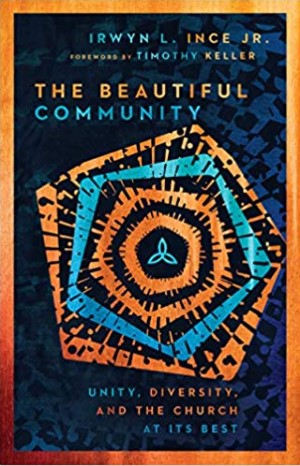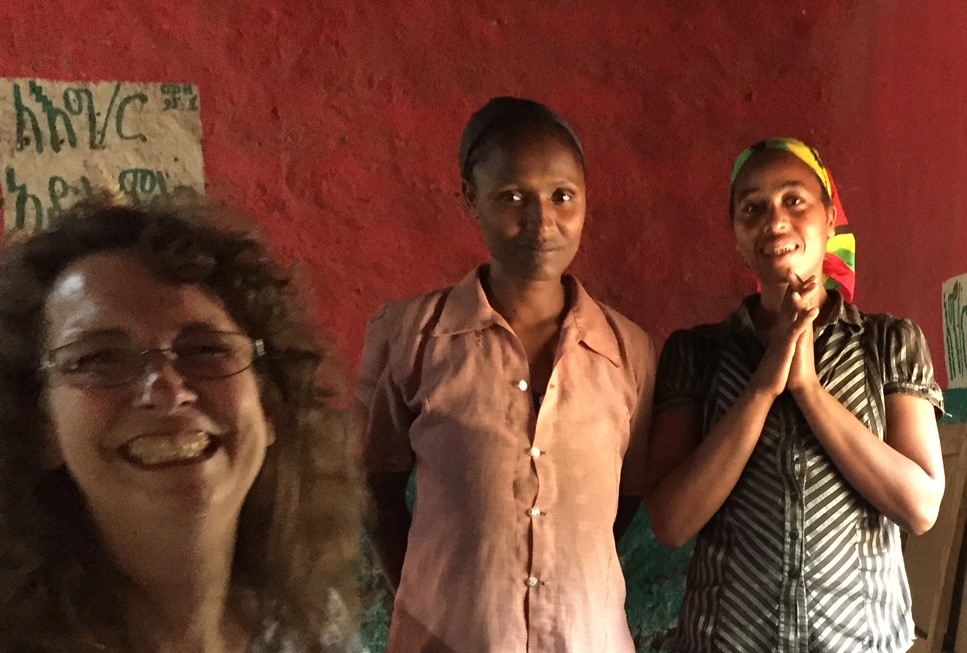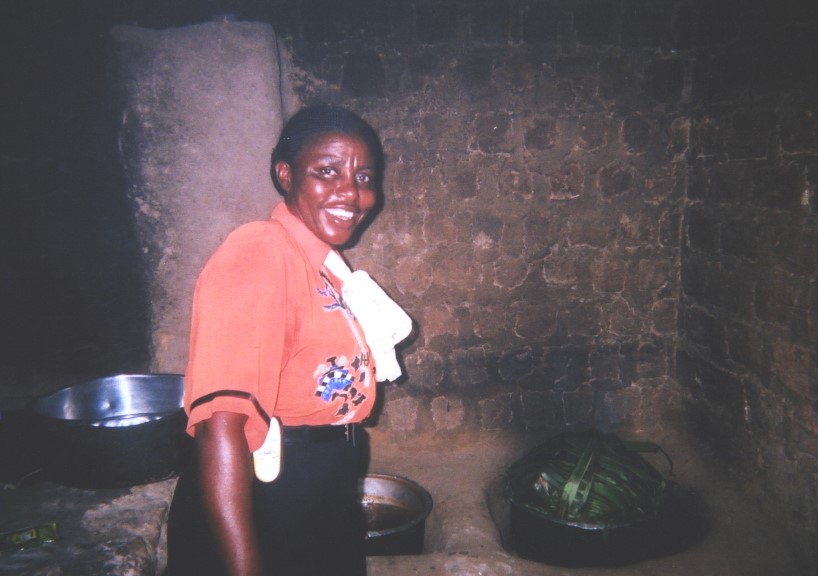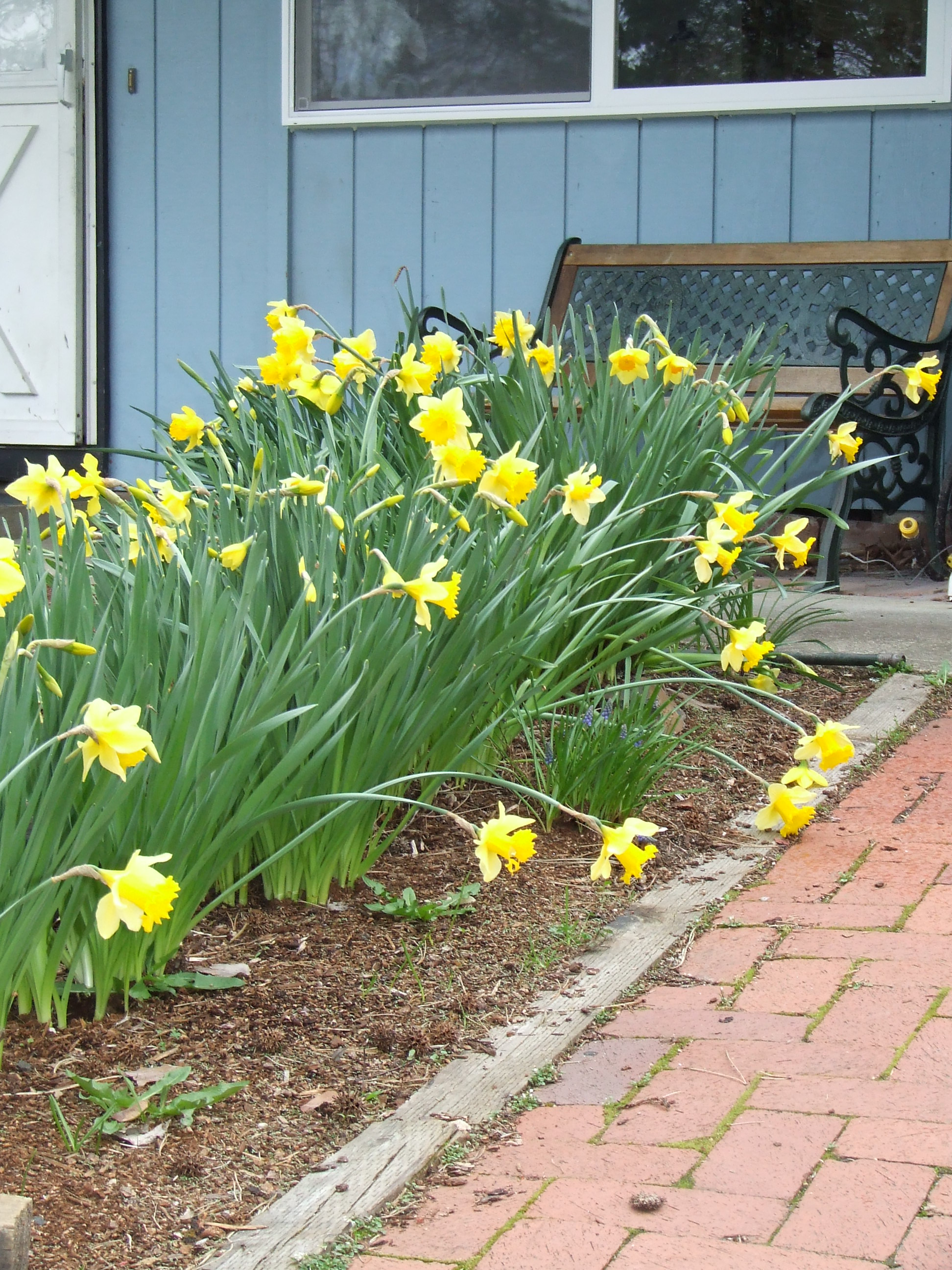Scary, Strong Women

Choose to be Strong
Choose to live larger than life!
My son-in-loves good friend said concerning women, “Any creature that can bleed for a week and not die should be feared.” Yes, sisters, God, Who should be feared and is wonderful, made us to be fearfully and wonderfully strong. Let me introduce you to two of the scary, strong women I know as I share an excerpt from my newly released book,.
Legendary Lola (born on Friday the 13th, October 1911 !
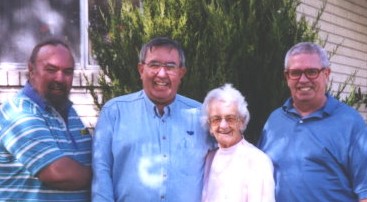
“She always brought home the most ribbons from the fair.”
“She worked as hard as any man!”
“She always caught the biggest fish!”
“She could drop an elk bull with one rifle shot from horseback.”
Who was she, this legendary woman? Lola Michaeline Burton Salveson, my Great Aunt. Lola loomed larger than life when she came up in a family conversation. She was my father’s favorite aunt and her husband, Orville, a.k.a. Bud, my dad’s favorite uncle. Together Lola and Bud ran a cattle ranch south of Pocatello just outside the smaller than small town of Downey, Idaho. Much like the legendary Idaho potato picture in postcards—the giant potato that fills a semi-truck bed—Lola’s reputation outsized her demure stature by several feet and pounds.
She stood five feet tall on the outside but dwarfed Goliath on the inside. Her petite frame, complimented by fair features and curly, burnt umber locks, made her quite a good-looking woman in her youth. Her dark eyes gleamed with steely resolve. Now, I’m not saying that Lola was stubborn, but I will say her tenacity made a mule look compliant. Her feet were small but wide. Poor Lola, finding sandals to fit was impossible for her. She liked painting her toenails red. Determined to show them off, she hired a doctor to amputate her little toes. “You can’t see pinky toes in sandals anyway. Now I can find sandals that fit,” Lola boasted.

The Heroin Jael
To the Israelites, Jael became a legend when she killed their enemy with kindness. After feeding Sisera and lulling him to sleep, she took her hammer and tent pegs. The tools she had long used to dominate the hard, dry ground became weapons in her hands as she pierced the skull of Israel’s persecutor. Her story appears in the book of Judges, chapters four and five. This gruesome tale reminds me again of Lola cutting off her pinky toes. In her domain, she would show off those pretty red toes no matter what it took!
From creation, God gave us dominion. He made us in His image, and part of bearing that image requires us to rule over our domain. Yes, Sisters, you and I were created to master. For those of us who are married, we partner as one with our husbands. Our place of submission is not a lesser position. We must secure the order of our homes. In so doing, we extend our husband’s ability to have dominion outside the home. I don’t believe a woman should only work at home. I do know if a woman’s home is not well-ordered, she has no business exporting her skills to other domains. We need to get our priorities in line with our purpose. Once those are in order, it’s all about domination!

In this trick-or-treat season, let’s choose to treat others with the strength and courage God intends us to have. Let’s choose to live larger than life!
Scary, Strong Women Read More »




